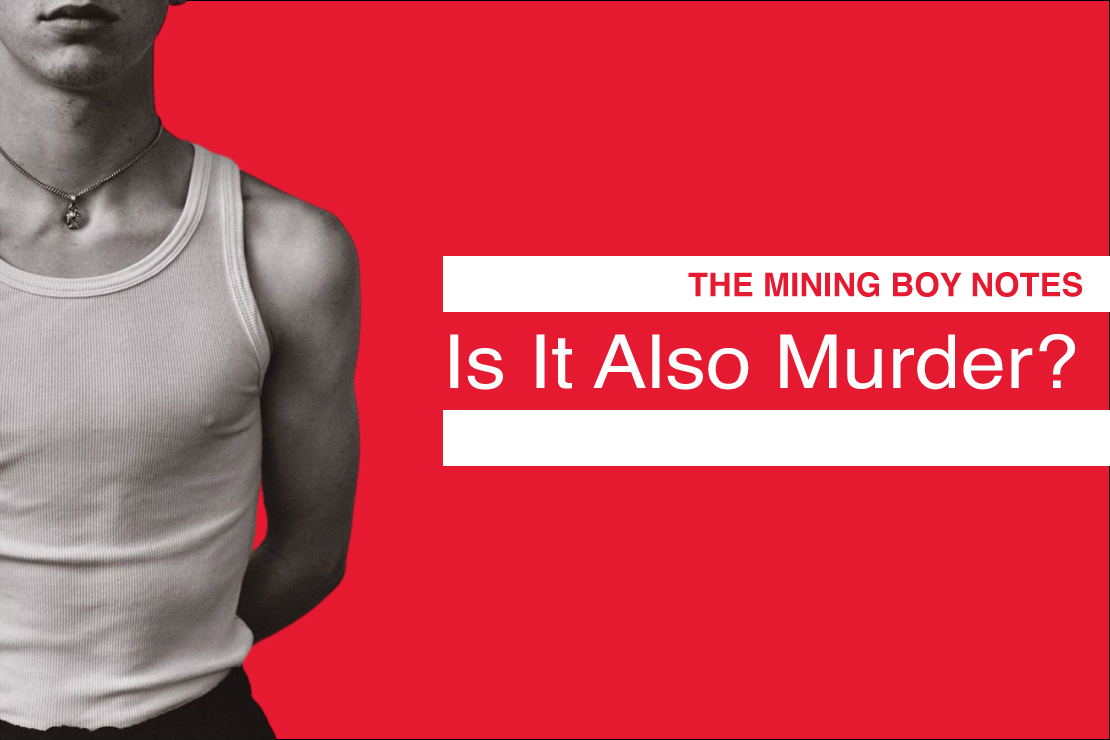Previously, I wrote about how in Ukraine I rented an apartment in a brothel. One day, I was woken up by a knock at the door. I opened my eyes. The room was filled with smoke. I looked out the window, and there was already a crowd gathered outside. Everyone was taking pictures of me.
The building was burning. Electrical fire. The firefighters arrived before I could get down. The house was saved.
The fact of the matter is that today the whole of Ukraine looks, to my eyes, like a house that is on fire. Numerous cameras are pointed towards it. But those who were supposed to put out the fire only throw kindling into it in order to enjoy everyone’s attention longer.
I constantly hear demands from Ukrainian politicians for Russia to compensate for the damage caused during the war. Reparations. Apologies. But why does no one talk about the fact that Ukraine should also compensate its own people for the harm done to them?
In one of my manuscripts awaiting publication, I wrote about something that happened to a friend of my family. Today, I’m forced to return to this story because it continues. It’s about a man who played a key role in my relatives’ business. Yep, war takes not only lives but also businesses. But that’s not the point right now.
This man has an adult son. One day, his son was caught on the street by representatives of the military recruitment office. Later, the man managed to negotiate that his son would not be sent to war, but instead, he himself had to join the army. And so, it happened.
People who lived in the USSR have an amazing ability – they treat great evil with the same ease as they do a common cold, knowing that everything passes. He spent 6 months at war. Then he began to feel nauseous. Not like the main character of Jean-Paul Sartre’s novel Nausea, since we are talking about an ordinary person. He felt nauseous often. Even when there was nothing left for his throat to expel, his stomach still danced in spasms. Severe pain. Diarrhea.
When you’re on the battlefield, no one will give you sick leave if you come down with diarrhea. Weight loss? Fatigue? Even if shit runs down your leg, as long as you can shoot, you must shoot. And if you don’t, then they’ll bring your son here, and you’ll still have to shoot to keep enemies from killing him.
From time to time, we received news from him. He spoke about the decline in morale. He talked about how no one was fighting anymore for a free Ukraine; now the goal was to protect not the whole nation, but at least those in the same trench with you. He also mentioned the constant pain in the upper part of his abdomen.
Soon he told the military doctor about his symptoms. The doctor didn’t react well, assuming the man wanted to escape the war under the guise of illness. A couple of days later, the man died. He was smoking. He was talking with his comrade. Then suddenly he felt onset of pain. A couple of seconds later he fell and died.
When we hear about deaths in war, we rarely think about diarrhea. Nope, we immediately imagine heroic battles. We envision explosions. Muscular soldiers. But reality is often different. Here, a question arises: are we deliberately ignoring reality or is it that we don’t often see it?
His wife had to fight to have her husband buried not in a military cemetery, but in an ordinary one. Military cemeteries are mind-blowing because all the graves there are new and they stretch endlessly. Yet, a group of soldiers attended the funeral. These soldiers fired their rifles into the sky as the coffin was lowered into the ground. His son wasn’t present at the funeral. Neither was I. The son was afraid the military would take him to the war right from the cemetery, and for me, returning to Ukraine means a choice between prison or war. I couldn’t comfort my family members in their grief. I remained silent from a distance while my relatives wept.
The doctors who examined the body determined that the man died from pancreatitis. It’s an unpleasant disease, but it can be treated. If the military doctor had truly listened to the patient’s complaints and provided timely treatment, he could still be alive. Instead, the doctor saw him not as a patient but as a potential deserter, and this led to his death. This perspective on men in Ukraine is a reflection of the entire system, not just an individual doctor.
In February 2024, the majority agreed that Alexei Navalny’s death in prison was a political murder. Yet Navalny was Russia’s most prominent opposition figure. When unjust deaths befall non-public figures, we often remain unaware of their tragedies. Stories of Ukrainians imprisoned for expressing their views do not gain international attention. It’s not just that crimes by those in power go unpunished, nah, we have not only allowed these crimes to occur but also failed to notice them.
This piece is a part of a series, The Mining Boy Notes, published on Mondays and authored by Ilya Kharkow, a writer from Ukraine. For more information about Ilya, see his website. You can support his work by buying him a coffee.
